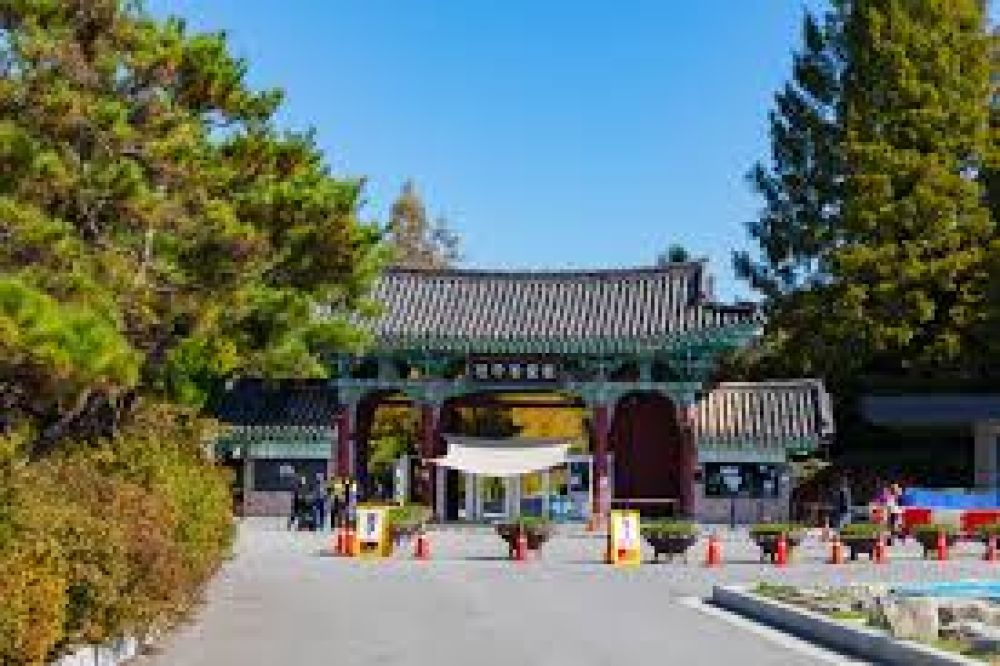

Jeonju Zoo, located in Jeonju, South Korea, has played a significant role in the evolution of tourism in the region. Established in 1978, it is the oldest zoo in the Jeolla region and has been an essential family-friendly destination for both locals and tourists alike. The zoo is part of a broader park area known as Jeonju Zoo Park, which includes various outdoor and recreational facilities. Over the years, the zoo has continuously developed to increase its appeal and to improve the welfare of its resident animals.
In its early years, Jeonju Zoo focused on providing a space where visitors could interact with a wide range of animals. As the zoo became increasingly popular, it started to contribute to the local tourism industry, attracting visitors from all over the country. Parents and children, as well as school groups, frequently visited the zoo, making it a staple for educational and family outings.
Throughout the 1980s and 1990s, Jeonju Zoo expanded its facilities, introducing more diverse species of animals and enhancing its landscaping. This expansion served to position the zoo as an important tourist destination, cementing its role in the tourism history of Jeonju. Alongside the zoo's growth, the city of Jeonju also started to gain prominence for its cultural heritage, particularly since being designated a UNESCO City of Gastronomy in 2012.
In recent times, there has been a global shift towards animal welfare and conservation in zoos. Jeonju Zoo has also taken steps to update its practices, focusing on creating more natural habitats for its animal residents and participating in conservation efforts. These changes have enhanced the zoo's reputation and ensured its continued relevance in the world of modern tourism.
Currently, Jeonju Zoo is part of a larger trend in Korean tourism that combines leisure with education and ecological responsibility. Tourists are not only interested in viewing animals but also in understanding their natural behaviors and the importance of preserving biodiversity. The zoo also frequently hosts festivals and events, which adds to the city's cultural calendar, enticing more visitors and contributing to the local economy.
Additionally, the latest tourism trend has seen a rise in theme-based tourism. In Jeonju, visitors often partake in cultural experiences surrounding traditional Korean culture, including food, Hanok (traditional Korean houses), and other historic sites, of which Jeonju Zoo is a complementary part, offering a naturalistic counterpart to the historic and cultural experiences.
With the ongoing evolution of tourist preferences, Jeonju Zoo is likely to continue adapting and evolving. As more tourists seek sustainable and ethical travel experiences, the zoo's role in conservation and environmental education is expected to become even more prominent. Furthermore, the integration of digital technologies, such as augmented reality (AR) tours or apps providing interactive experiences, may shape the future of Jeonju Zoo's offerings, ensuring that the zoo remains a beloved destination for years to come.
In conclusion, Jeonju Zoo has been an integral part of Jeonju's tourism history, growing from a simple municipal zoo to a beacon of animal care and conservation, and it continues to adapt to the latest tourism trends, contributing significantly to the city's appeal as a travel destination.